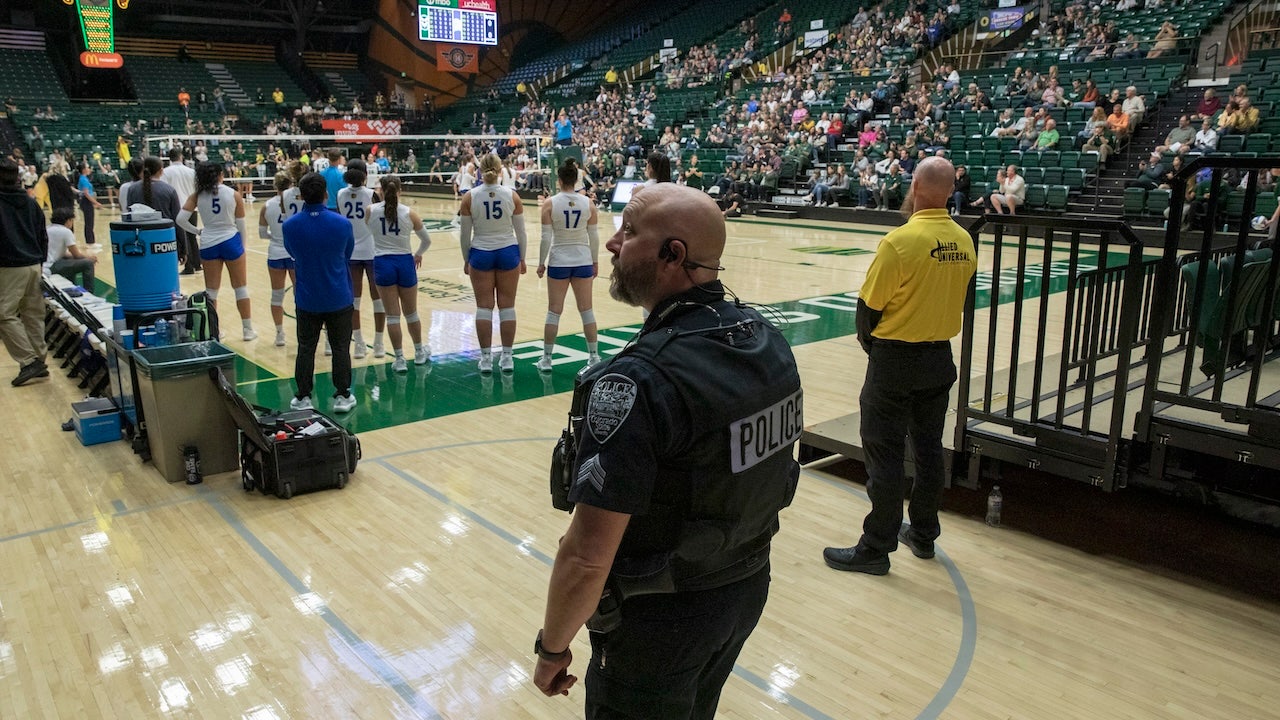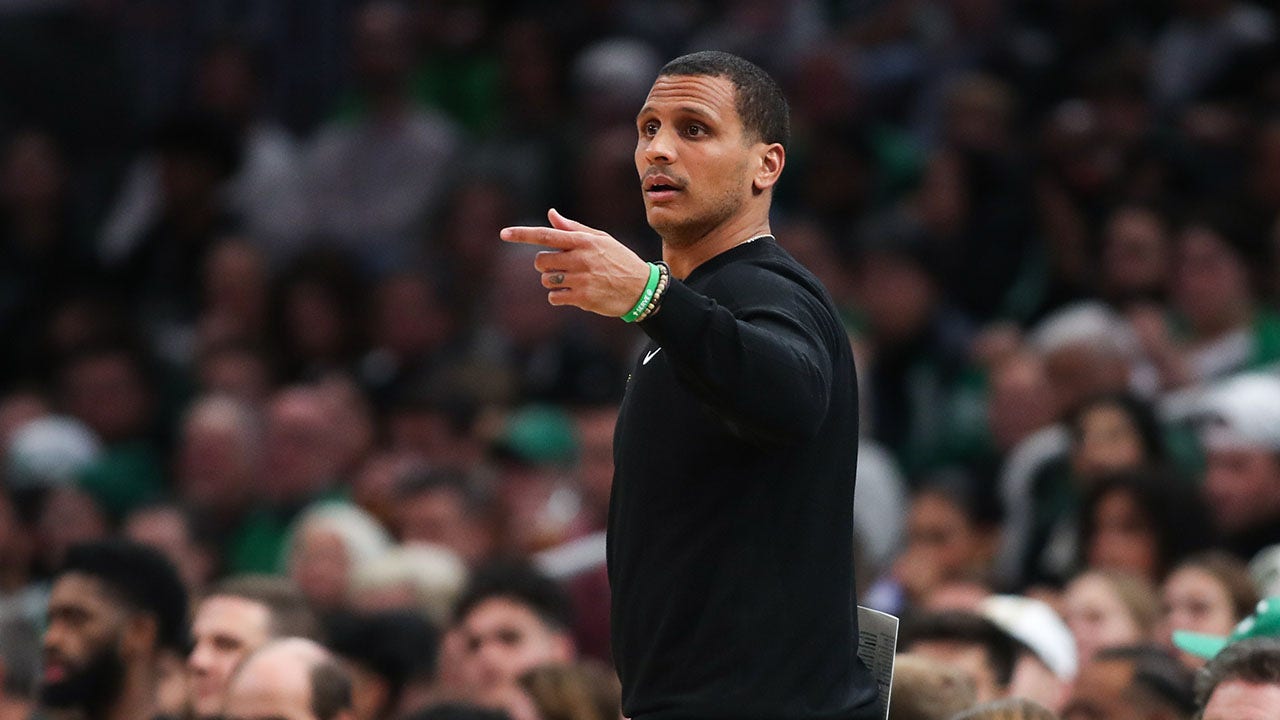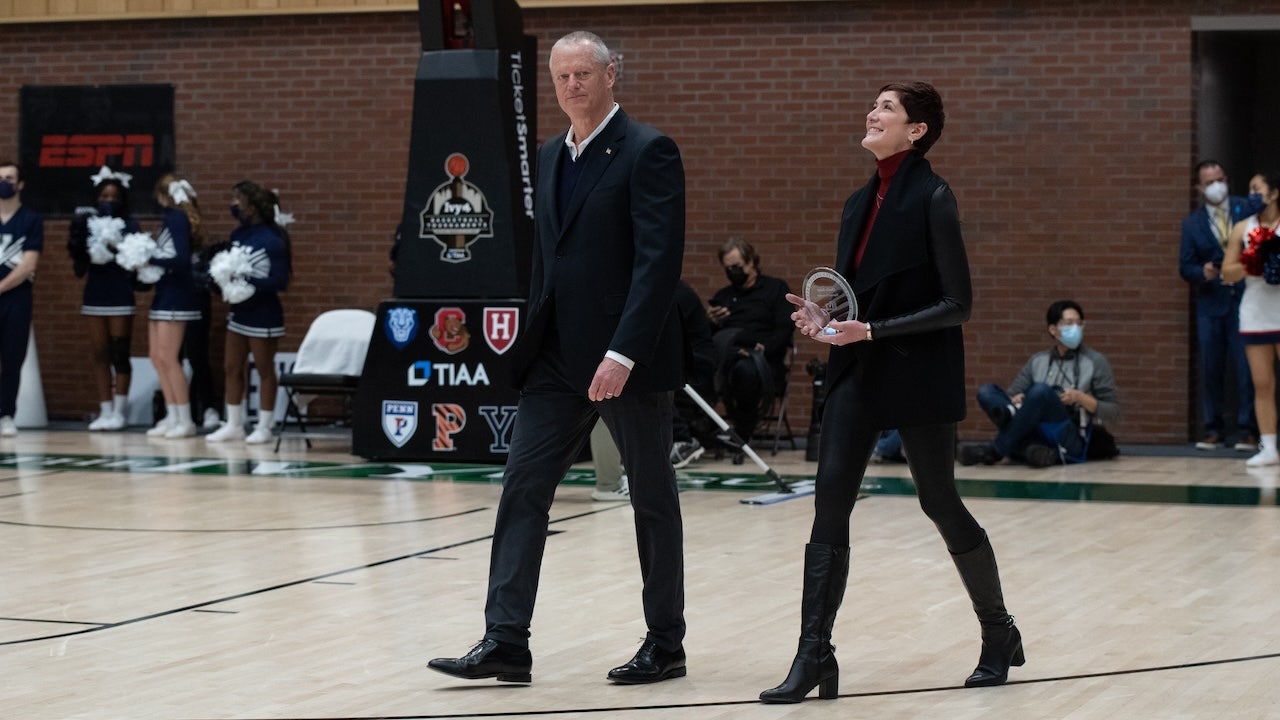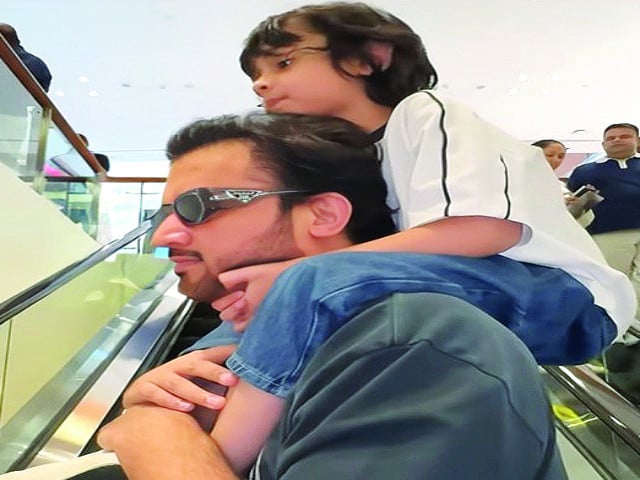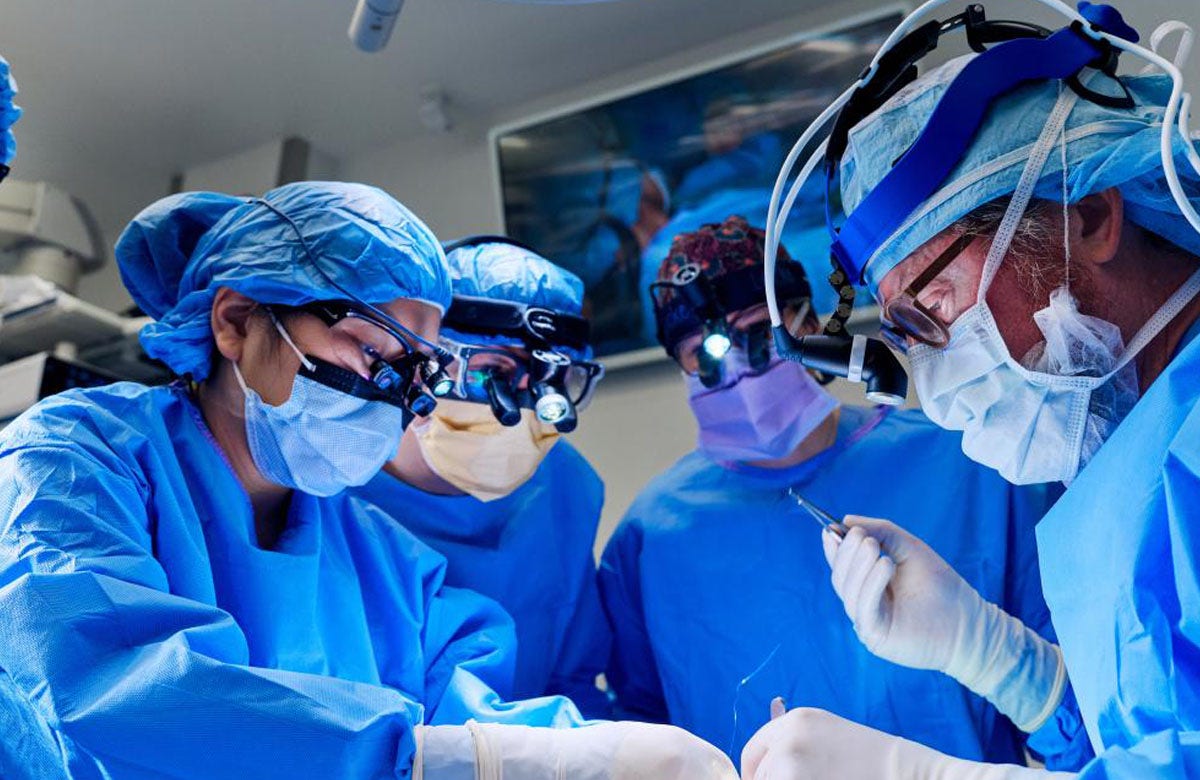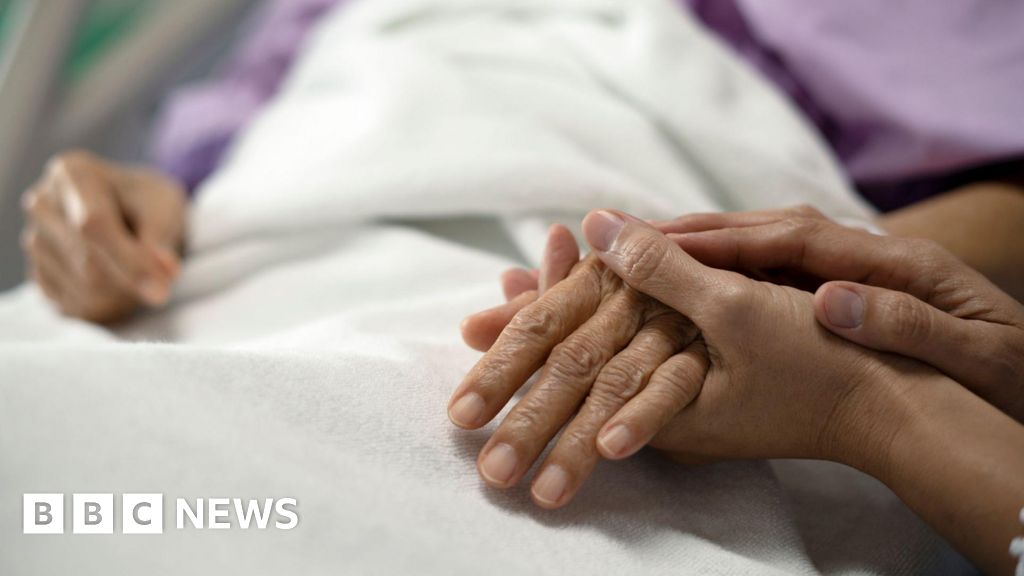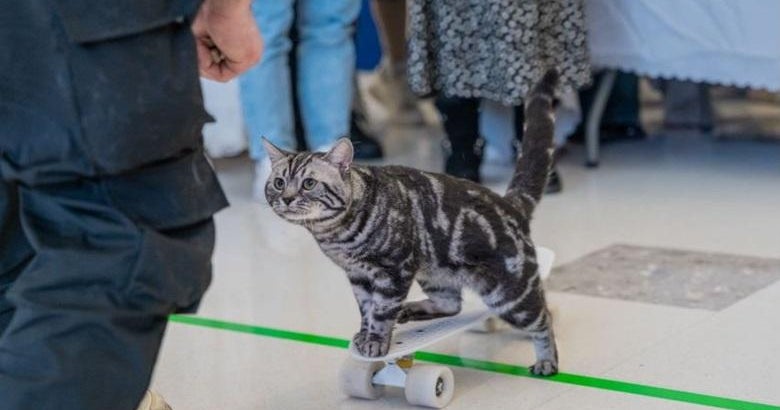If you’ve ever had to take your child to the hospital or undergo a major procedure yourself, you know it’s not always easy to understand what your doctor is saying.
For Spanish-speaking families, those conversations can be even more challenging.
Children’s Hospital Colorado’s Clínica de Cirugía Pediátrica — Pediatric Surgery Clinic — is the first of its kind in Colorado and the Rocky Mountain region.
It’s a Spanish-speaking clinic created for families and patients who speak little to no English to help them navigate through the challenging health care system.
In Colorado, more than 22% of people identify as Hispanic or Latinx, according to the 2020 census. In Denver, that’s nearly 30% of the population.
The clinic offers surgical expertise, consultations and medical guidance.
Dr. Jose Diaz-Mirón began the clinic in 2021 because he saw a need. It started as a bilingual clinic, then it quickly became primarily for Spanish speakers.
Over the years, it’s grown due to increased need.
Through this clinic, Diaz-Mirón is dedicated to ensuring families with limited English skills are able to navigate complex medical issues and get the care they need.
“I know firsthand that it can be challenging to make that jump from one language to the other; especially when you’re dealing with kids and when you’re dealing with a stressful situation,” said Diaz-Mirón.
This clinic was an ultimate goal for Diaz-Mirón who grew up in Mexico with his first language being Spanish.
With this clinic, he’s able to serve the Hispanic and Latinx community and connect directly with them.
“I think that it takes one layer of stress off the parents, when you can actually explain to them something that may be a little more complicated or a little more stressful in a language that is familiar,” said Diaz-Mirón.
Parents like Oscar Perez, who has a 13-year-old son, Emiliano, struggling with digestive issues.
For the longest time, the family could not figure out the problem, but after he was referred to the clinic he was able to understand what was wrong with his son’s health. Language played a big role in that.
“When we found out the doctor spoke Spanish, that was great because we could express to him the issue we had with our son,” Perez said in Spanish.
In 2019, the Latino Leadership Institute at the University of Denver, in partnership with Latino Decisions and the Latino Data Project, reported some relative findings on the Hispanic and Latinx communities of Colorado:
- One in three people in Colorado are projected to be Hispanic or Latinx by the year 2040;
- Of Hispanic or Latinx people in Colorado, 53% speak varying levels of Spanish at home;
- Of Hispanic or Latinx people in Colorado, 22.8% rate their English proficiency as “not very good.”
Not understanding medical terms can seriously impact the quality and access to medical care.
In 2020, Hispanic and Latinx patients accounted for nearly 30% of the total visits to the hospital’s Department of Pediatric Surgery. Of those families, 23% reported Spanish as their primary language and nearly 10% required interpreter services in Spanish.
Perez was thrilled that he didn’t have to ask his son to translate for him. In this case, he could be the parent.
“Although my son speaks better English, it’s not the same,” Perez said. “As a parent, you want to be able to communicate or express yourself with the doctor and share concerns.”
Perez, who has used an interpreter says things can get complicated and the message usually does get lost in translation.
“Even with a translator or interpreter, it gets hard because sometimes things are confusing,” Perez said. “It’s better to have direct contact with the doctor.”
Oscar’s happy to learn his son would not need surgery and thankful he could talk with the doctor about it in person.
“We felt very comfortable with the service and he led us to the specialists we need to see so we can make sure our son gets better,” Perez said.
Clinic staff meet multiple times each month at the hospital’s Anschutz Medical Campus and Broomfield location.
To attend the clinic, patients must be referred by their doctor at Children’s Hospital Colorado or by their family’s physician.













